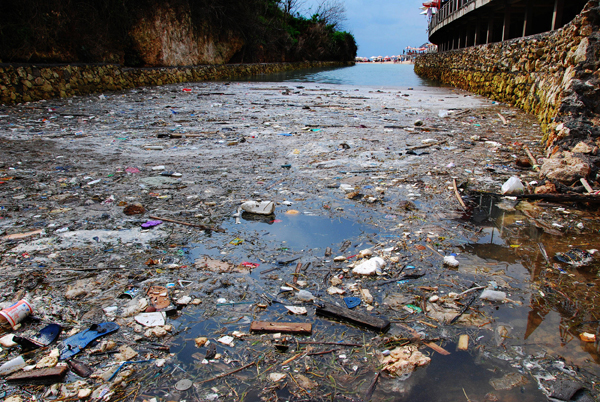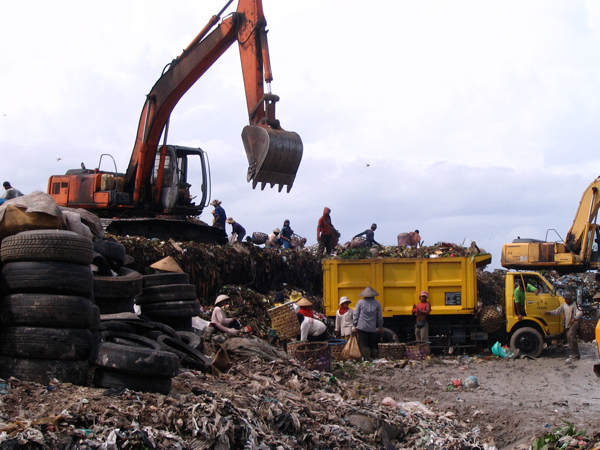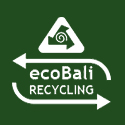Recently, the Balinese Provincial Environmental Agency (BLH) as well as the Bureaurs of Law and Human Rights (Biro Hukum and HAM), began drafting provincial regulations regarding waste management, with the goal that these regulations would be implemented in 2011. Through these provincial regulations, Bali will start waste management starting at the level of individual homes, using the Takakura model—separating organic waste to be processed into environmental friendly compost.
This new program launches in conjunction with several efforts for a plastic-free Bali (such as the Bali Clean and Green Province initiative), which runs 2010-2014. The government is also developing school waste management units, from elementary schools through to university campuses.
The plan to make Bali free of plastic wastes could mimic China’s methods used in 2008. With simple steps, such as banning plastic bags in grocery stores, the plastic waste volume reduced by 50%, around 100 billion plastic bags. The principle is simple: Shops that continue to offer plastic bags are required to charge customers for each plastic bag. They can keep the profits from the sale of the plastic bags. As a result, customers learn to reuse plastic bags.
Home level waste management could be improved through building waste processing facilities at the banjar (sub-village) or village level. In this way, waste will be managed close to the source, rather than being immediately transported to landfills (TPA). Besides being good for the environment and providing other benefits for villages, this method could also bring in financial income from the sale of products created from waste (see the rough financial breakdown above).
The government can additionally work together with private companies and banks to create waste processing machines or technology for both organic and inorganic waste. In Denpasar, there are four villages currently managing their own waste: Sanur Kauh, Sanur Kaja, Tegal Kertha and Kelurahan Ubung. Utilizing their ideas, the government could encourage the a commitment to waste management by community-oriented companies.
The decision to involve village communities and education as part of a waste management program is a strategic move. In addition to addressing the trash buildup problem on a small scale, the government will hold communities accountable for handling their own waste problems, with the incentive of numerous benefits. This is modern business, where the level of progress is defined by our ability to develop and protect Planet Earth from destruction caused by waste.
The moral is simple: A society is considered modern or advanced if it is able to handle waste problems and turn these “problems” into assets. Ipso facto if a society is not able to manage it’s waste problems, then that that society remains primitive, living in the past.
Read the first part of this article: Four Trillion Rupiah in the Landfill (1)
Photos by Kayti Denham and Walhi Bali.














Pingback: Membuang Rp4 Triliun Produk Peradaban (1) | | AkarumputAkarumput